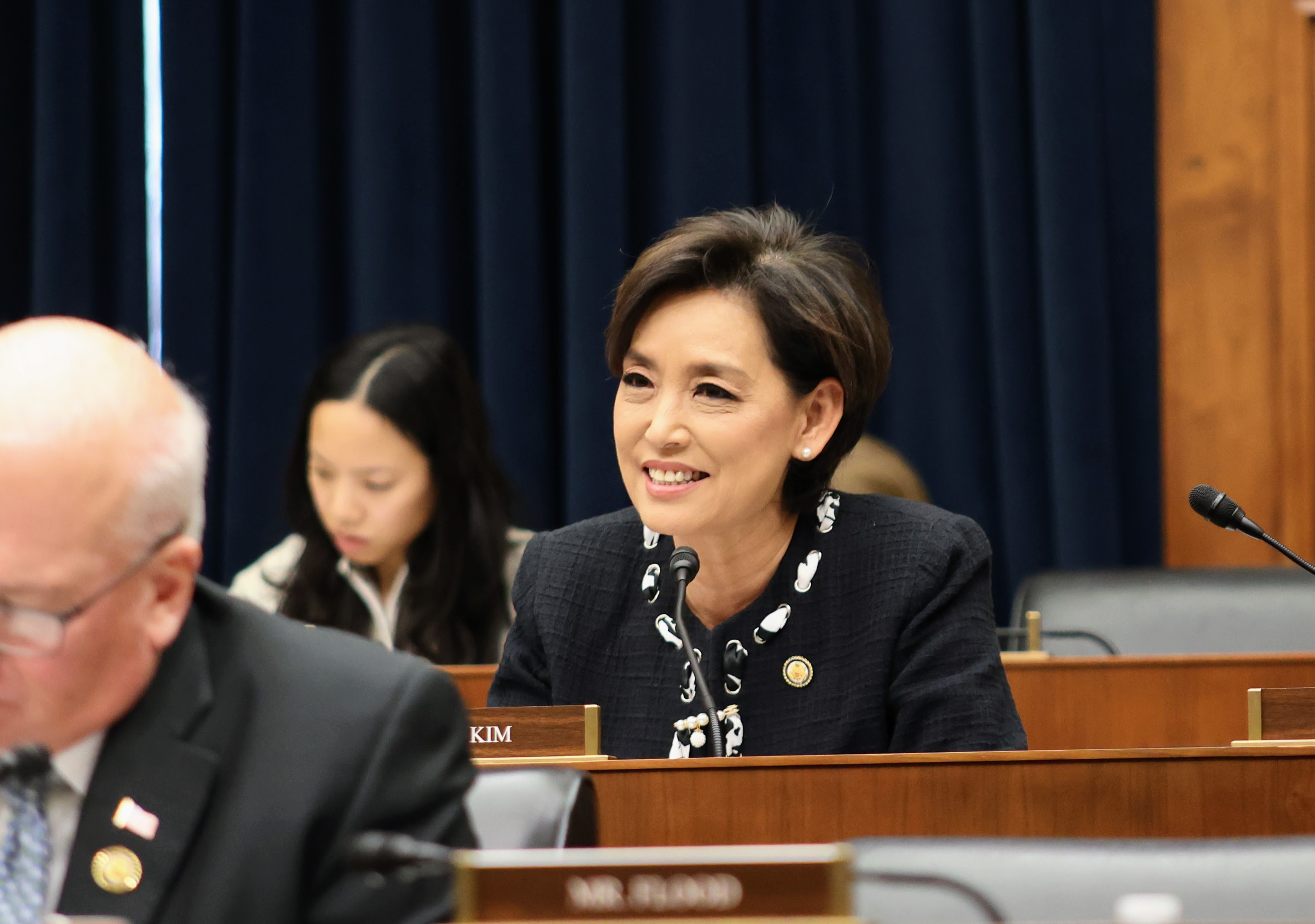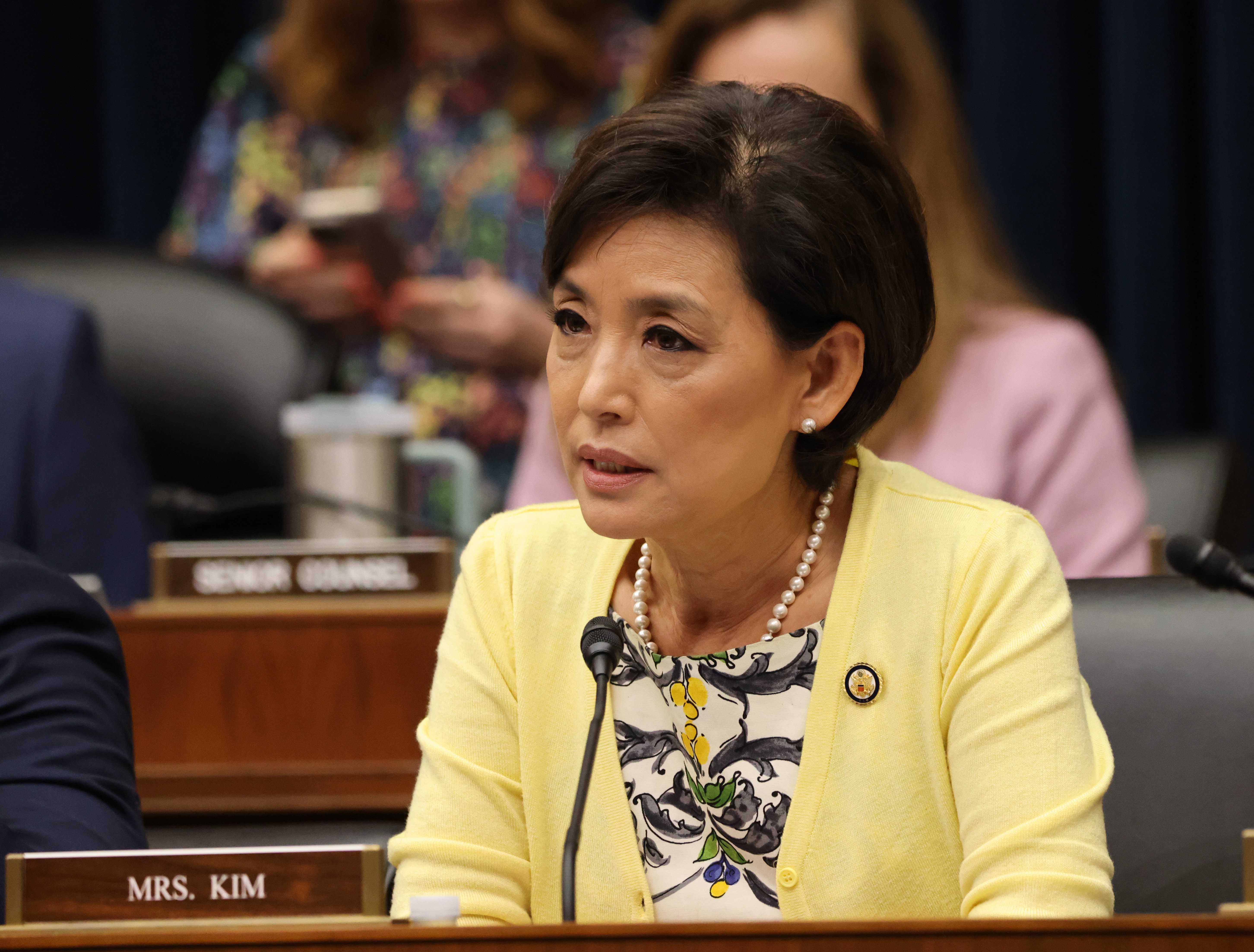- As heightened tensions seem set to continue through 2024, analysts have encouraged China to rely on openness and engagement to weather strained ties
- Trade agreements like the Regional Comprehensive Economic Partnership should be emphasized, they said, in face of challenges from US and others
With 2024 shaping up to be a challenging year centered around major elections, China analysts have foreseen further tensions with the United States and are calling for Beijing to counteract this trend by staying open to the world and cementing regional networks to build a solid economy.
The Taiwan election on Saturday – which saw William Lai Ching-te of the pro-independence Democratic Progressive Party elected president of the island for the next four years – and the US presidential election in November are set to reflect a thornier set of circumstances that will need to be handled carefully by Beijing, they said.
Their warning came as some US legislators have floated more openly confrontational measures. Oklahoma Republican Frank Lucas put forward a proposal on Friday to exclude mainland China from banking organizations if the US president notifies Congress of threats to Taiwan, while California Republican Young Kim sponsored a bill supporting Taiwan’s membership in the International Monetary Fund (IMF).
Dong Jinyue, a senior economist at BBVA Research, said the mainland should use trade and infrastructure agreements such as the Regional Comprehensive Economic Partnership (RCEP) and the Belt and Road Initiative to ensure an economic soft landing and manage financial risks to attract more foreign direct investment.
“[Mainland China can] provide favourable policies to foreign investors, enhance intellectual property rights protection, and [guarantee] equal treatment between foreign firms and local firms,” she added.
As the geopolitical situation progresses, she noted that the US will continue practices such as nearshoring with Latin American countries, subsidising hi-tech factories in the US and allying with Europe and countries in the Five Eyes intelligence network, as well as attempting to move the global value chain outside the mainland.
” [We can] cooperate with the world … enlarge collaborations with the European Union … work with US hi-tech firms, particularly the multinationals”
He Weiwen, Centre for China and Globalisation
He Weiwen, a senior fellow with the Beijing-based think tank Centre for China and Globalisation, said it would be impossible for Taiwan to join the IMF but suggested the mainland “consistently work on innovation and develop hi-tech on its own.”
“The IMF follows the United Nations General Assembly Resolution 2758 that the government of People’s Republic of China is the only representative of China,” he explained.
Beijing sees Taiwan as a part of China to be eventually reunited, by force if necessary. Most countries, including the US, do not recognize Taiwan as an independent state.
Taiwan chip sector is ‘world’s common asset’: president-elect William Lai
“[We can] cooperate with the world to counter containments, especially to enlarge collaborations with the European Union. [And] work with US hi-tech firms, particularly the multinationals, to maintain and propel supply chain cooperation,” He said.
In terms of keeping up engagement with other countries, he added that practical solutions include the advancement of regional trade networks such as RCEP and the Comprehensive and Progressive Agreement for Trans-Pacific Partnership.
With Lai set to serve a four-year term, Alicia Garcia-Herrero – chief economist for Asia-Pacific at Natixis – said that the US would ask Taiwan to join its alliance with the Netherlands and Japan on controlling the export of semiconductors and computer chips to the mainland.
“It would be a step that the US might require from Taiwan [to offer] more support,” she explained, noting the mainland could react by stopping the entire Economic Cooperation Framework Agreement (ECFA) with Taiwan.
In December, before the Taiwan election, Beijing announced it would suspend tariff reductions for 12 products imported from the island, including propylene and paraxylene that were covered by the cross-strait ECFA.
The Republican-controlled House passed the bills from Lucas and Kim by voice vote on Friday, and both will be sent to the Democratic-controlled Senate as the next step before passage.
But approval would be largely symbolic, Garcia-Herrero said, as “the US cannot make such a decision on its own” because policies from international organizations like the IMF “depend on all members” and it will be “impossible” to get majority support.



